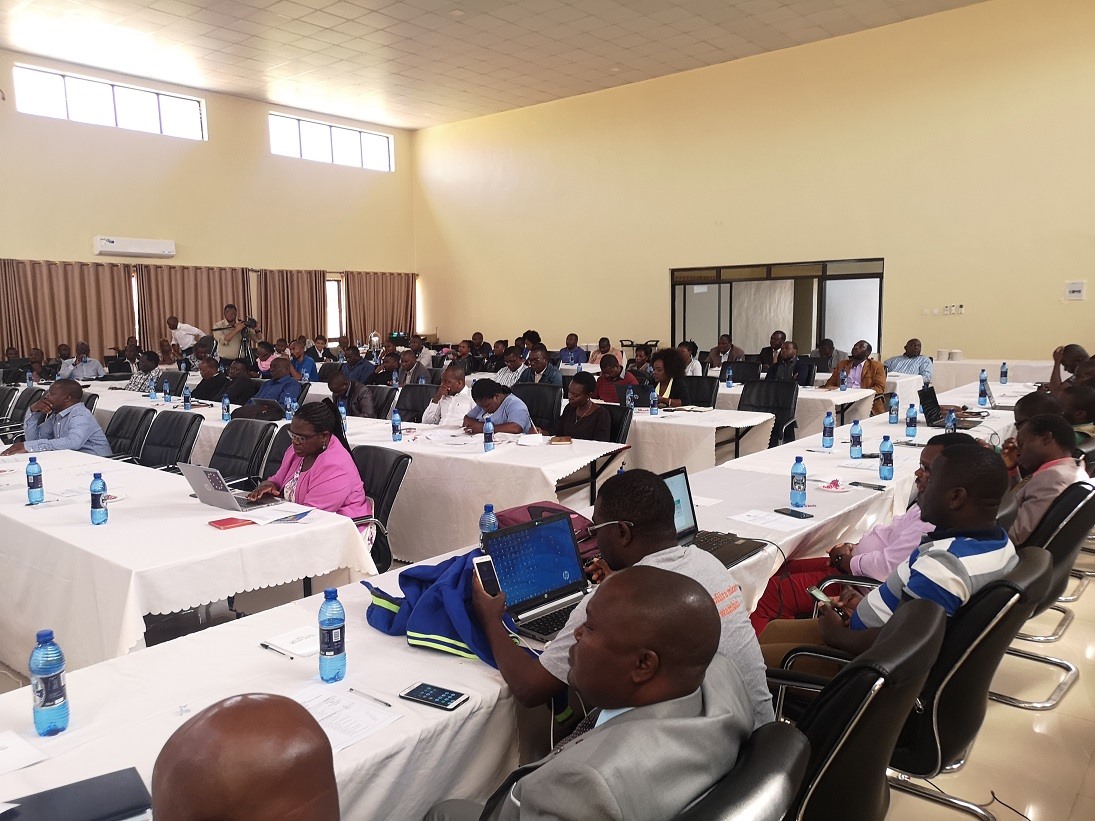Scientists are a step closer to being able to cure the deadly Ebola haemorrhagic fever after two experimental drugs showed survival rates of as much as 90% in a clinical trial in Congo.
Two experimental drugs – an antibody cocktail called REGN-EB3 developed by Regeneron and a monoclonal antibody called mAb114 – will now be offered to all patients infected with the viral disease in an ongoing outbreak in the Democratic Republic of Congo (DRC).
The drugs showed “clearly better” results, according to U.S. National Institute of Allergy and Infectious Diseases (NIAID), in a trial of four potential treatments being conducted during the second-largest Ebola outbreak in history, now entering its second year in DRC.
The agency said 49% of the patients on ZMapp and 53% on Remdesivir died in the study. In comparison, 29% of the patients on REGN-EB3 and 34% on mAb114 died.
Jean-Jacques Muyembe, director general of Congo’s Institut National de Recherche Biomédicale in DRC, who co-led the trial, said the results meant that “from now on, we will no longer say that Ebola is incurable.”
“These advances will help save thousands of lives,” he told reporters.
Anthony Fauci, NIAID’s director, also said the results were “very good news” for the fight against Ebola.
The agency said that of the patients who were brought into treatment centres with low levels of virus detected in their blood, 94% who got REGN-EB3 and 89% on mAb114 survived.
In comparison, two-thirds of the patients who got Remdesivir and nearly three-quarters on ZMapp survived.
Ebola has been spreading in eastern Congo since August 2018 in an outbreak that has now killed at least 1,800 people. Efforts to control it have been hampered by militia violence and some local resistance to outside help.
A vast Ebola outbreak in West Africa from 2013 to 2016 became the world’s largest ever when it spread through Guinea, Liberia and Sierra Leone and killed more than 11,300 people.
The Congo treatment trial, which began in November last year, is being carried out by an international research group coordinated by the World Health Organization (WHO).
Mike Ryan, head of the WHO’s emergencies program, said the trial’s positive findings were encouraging but would not be enough on their own to bring the epidemic to an end.
“The news today is fantastic. It gives us a new tool in our toolbox against Ebola, but it will not in itself stop Ebola,” he told reporters.
Jeremy Farrar, director of the Wellcome Trust global health charity, also hailed the success of the trial’s findings, saying they would “undoubtedly save lives”.
“The more we learn about these two treatments … the closer we can get to turning Ebola from a terrifying disease to one that is preventable and treatable,” he said in a statement.
“We won’t ever get rid of Ebola but we should be able to stop these outbreaks from turning into major national and regional epidemics.”
Some 681 patients at four separate treatment centres in Congo have already been enrolled in the Congo treatment clinical trial, Fauci said. The study aims to enrol a total of 725.
The decision to drop two of the trial drugs was based on data from almost 500 patients, he said, which showed that those who got REGN-EB3 or mAb114 “had a greater chance of survival compared to those participants in the other two arms”.
The two promising drugs are made from Ebola antibodies – a protein produced by the immune system to defend against infection. Regeneron’s product is a cocktail of three Ebola antibodies, while mAb114 is a single antibody developed by scientists at NIAID.
REUTERS

.jpeg&w=60&q=100&h=60)




.jpeg&w=60&q=100&h=60)





